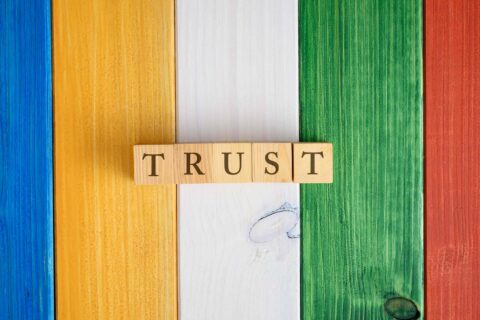The COVID-19 crisis, together with the second and third -order consequences, will mark a turning point in our history. If we expect to emerge from this crisis stronger and holistically better, we have to invent a different way to face challenges and gain new perspectives for how we work, play, rest, learn, shop, and socialize.
While it’s difficult to predict a single way out of this, one thing is certain: most of us will have to rethink the way we operate, question the intent behind our actions and revalue the priorities driving our decision making. From an organizational perspective, the problems we will face will be far more complex and ambiguous and will involve multiple stakeholders. Single-size solutions won’t be enough for problems to go away, and the number of unintended consequences will undermine the most powerful systems and institutions.
In the last twenty years, Design Thinking has evolved to be the most effective way for organizations to innovate, and I believe that this approach will prove, once again, to be the leading problem-solving strategy to ensure implementation of sustainable, responsible and purposeful solutions.
But how do we develop the skills—at a personal and organizational level—to solve the new set of challenges we are facing? The most obvious skill is creativity – our ability to concoct new ideas, inspired by the mixing of multiple concepts, that have been the driving force of civilization and has helped envision solutions that nobody has thought of before. However, creativity is just an ingredient to a broader set of skills. Based on my experience, there are several additional skills we need to develop to make the most of our creative potential. Here is a list of additional ingredients we might want to consider if we are to rise from a crisis like the one we are experiencing.
Curiosity and constant learning
Innovative people are curious by nature and are naturally inclined to investigate, learn and explore. Developing curiosity requires exposure to a diverse amount of knowledge and experiences, as well as ample time to study and learn from those experiences. Curiosity not only opens your mind, but it improves your ability to mix unrelated ideas to solve newfound problems.
Dissatisfaction with the status quo
The ability to regularly question the world as it is and to be critical of the current reality is crucial to noticing problems that no one has identified before. A critical mind is not a sign of dissatisfaction with life but a desire to improve the world and make things better for everyone. This crisis has highlighted the need to rethink how we operate—now is the time to question everything.
Observation and attention to details
If you want to discover challenges that no one has seen before, you need to pay attention, be patient and sensitive to details. Being an obsessive observer requires conscious practice, a constant quest to make the familiar unfamiliar and think about life with the curiosity of an apprentice, not the certitude of a know-it-all.
Empathy and a genuine interest to help people
A great deal of problems in this world happens because of people not doing, thinking, or feeling what they should be. The main source of insights leading to life-changing solutions depends on how well we understand stakeholders, so to understand them we must get involved physically, cognitively and emotionally with the way they experience problems.
Tolerance to uncertainty
The innovation process is full of uncertainty, assumptions, changing conditions and lack of solid information, so you have to feel comfortable dealing with complex, poorly defined and highly uncertain challenges. Most people get paralyzed when faced with ambiguity, but a design thinker is driven by it. Always consider that innovation is not an exact science and ambiguity is something we need to get comfortable with.
Optimism for the future
The belief that any idea is possible, combined with an assurance that an idea will be implemented is one of the strongest drivers for innovative individuals. One of our most primitive needs is to create something new, and visualizing the future allows people to fulfill this need. An innovation culture requires optimistic people capable of envisioning a bright future even when odds are not favorable. Our ability to generate optimism and to transfer this to our teams is probably the most underestimated skill of all.
Some of these skills may come naturally to us, others we might need to develop. Like any muscle in our body, we need to be conscious of their existence and use them frequently. The more we get to practice these skills in challenging situations, the more likely we will be to create the solutions that will make a better world for all.


